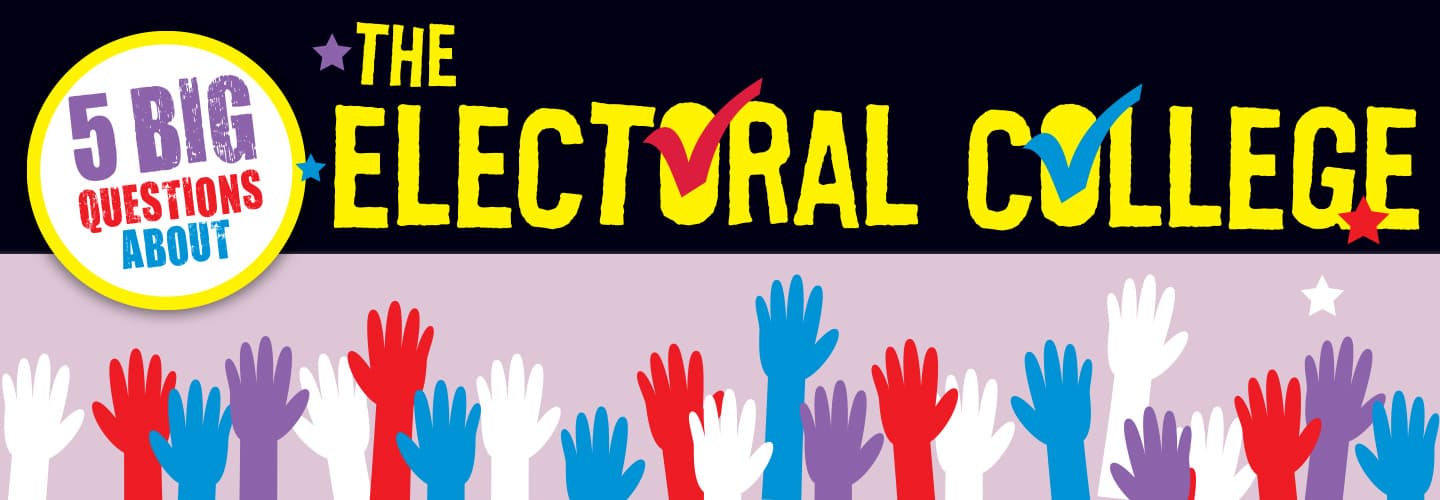Yes, but not directly. On November 5, voters will have their ballots counted as part of the popular vote. Most will select Kamala Harris’s or Donald Trump’s name on their ballots. But technically all these votes will go toward choosing a small group of people called electors. They are people in each state who have pledged to vote for a specific candidate.
Population: 39 million (highest of any state)
2 Senators + 52 Representatives = 54 Electors (most of any state)

